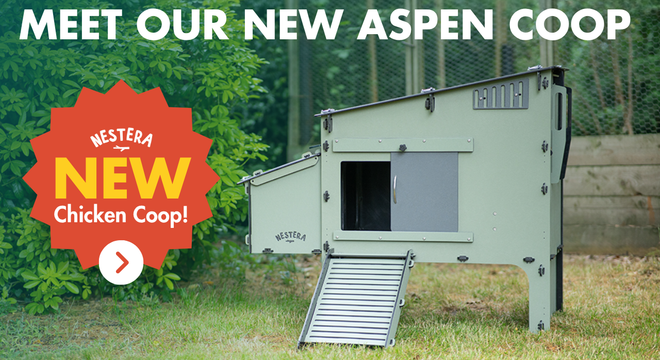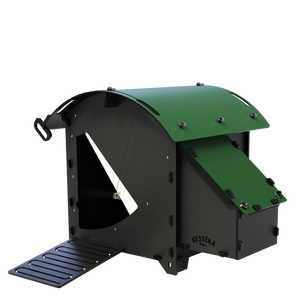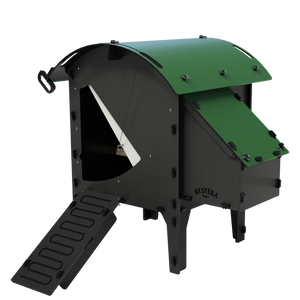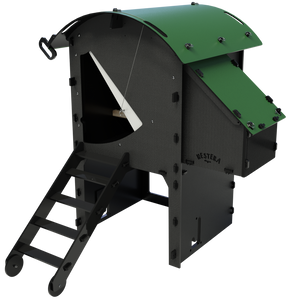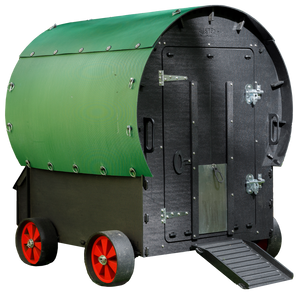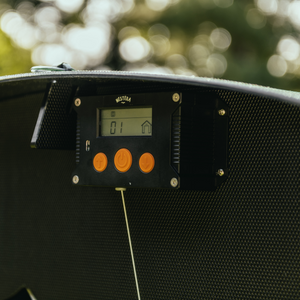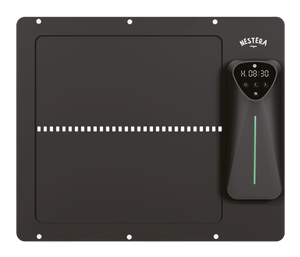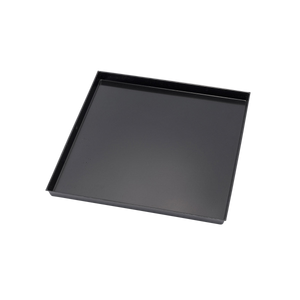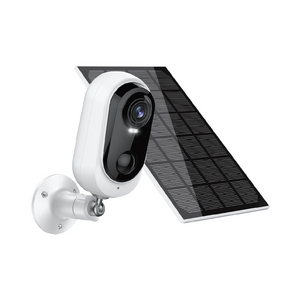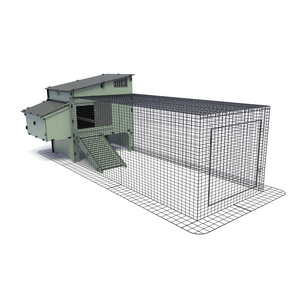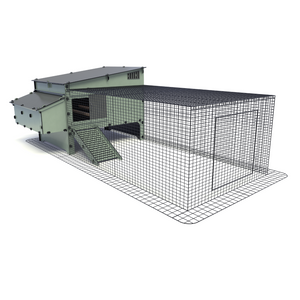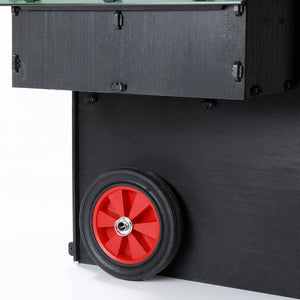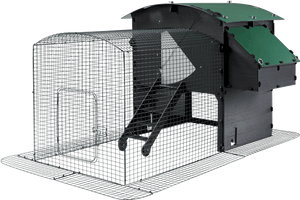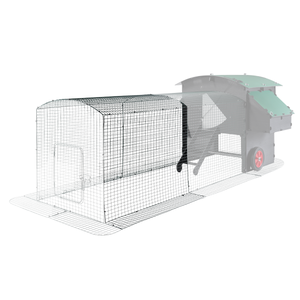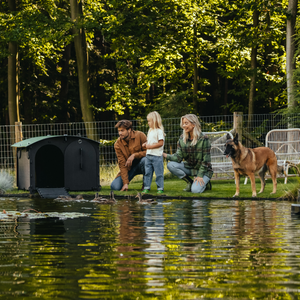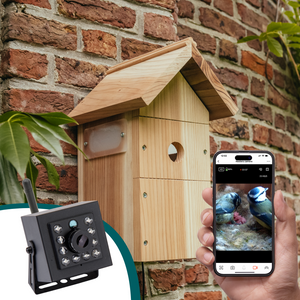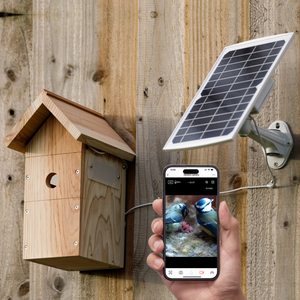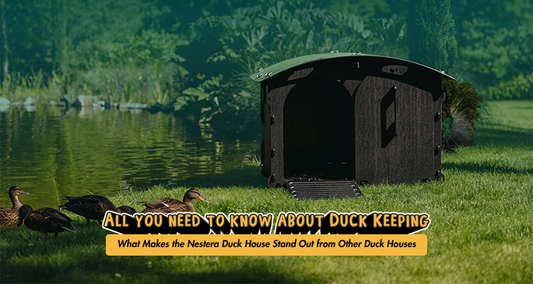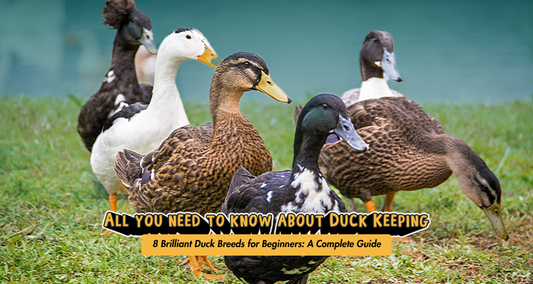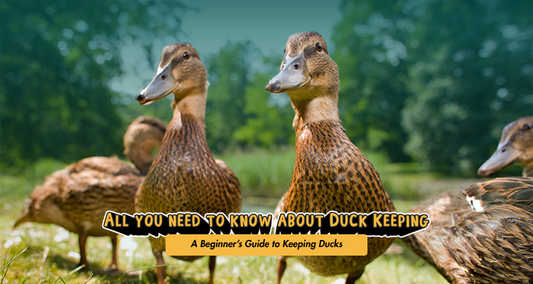As the calendar rolled into December, it felt as though the dial was instantly switched to Winter - it got very cold, very quickly! Although the scattered snow has added a magical Winter Wonderland element to our gardens, it has also made a difference to our flocks. Here’s a list of things you might want to be on the lookout for if you get a dump of the white stuff.
Snow is Heavy
Snow can really weigh down netting, tarpaulin, and even solid roofs, so try not to let it build up too much and clear it as often as you can. Be extra careful not to end up with a mini-avalanche landing on you instead!
Ice, Ice, Baby
Drinkers will often freeze this time of year and the snow really doesn’t help. If the drinkers stay frozen all through the day, your birds will become very dehydrated. Bring the drinkers in at night to keep them clean and ready to go each morning.
Slip & Slide
Compacted snow can make everything extremely slippery for you and your flock. Shovel paths and use salt or grit if needed. Puddles will be frozen too, and these are like tiny ice rinks, so try to fill in any areas where water pools, before they form.
Watch for Frostbite
Chickens - particularly cockerels - can get frostbite on the tips of their combs and even their wattles. All birds with large floppy combs can be susceptible. Use a grease to protect the comb and stop water droplets forming, which can turn to ice hence the name… frostBITE.
Keep it Clean
Chickens will naturally spend more time in their coops during cold weather and their bedding will get much dirtier as a result. Luckily, compared to others, Nestera coops are super-easy to clean. Change the bedding more often and use something that is highly absorbent as ammonia build up can cause respiratory issues.
TLC
Prolonged frosty weather can be really hard work for chickens. If it’s cold enough that you need to defrost the window on your car, then your flock could probably do with some TLC. Take a few scoops of layers pellets and add some hot water. This warm ‘porridge’ is highly palatable and will encourage them to eat as well as providing some ‘central heating’.
Insulation
Chickens coop well overnight if they are in a dry, draught-free coop that is well ventilated. They have feathers which provide excellent insulation and often huddle together for warmth. Feed them highly calorific maize (corn) or seeds to keep their internal boilers well-stoked throughout the night and increase their fat levels.
Bring Them Inside
And finally, if you notice a chicken is looking hunched and doesn’t become significantly more animated when you approach them, bring them indoors. Place them in a dog crate, cat carrier or cardboard box with a covered hot water bottle, food, and water so they can warm up. Once they start making a nuisance of themselves, put them back outside with the others.
Provide the comfort your flock deserves in an easy-clean Nestera coop. Our entire range of chicken coops includes fully adjustable ventilation as standard, plus the recycled plastic keeps the chickens at a comfortable temperature all year round. Click here to explore the range.
